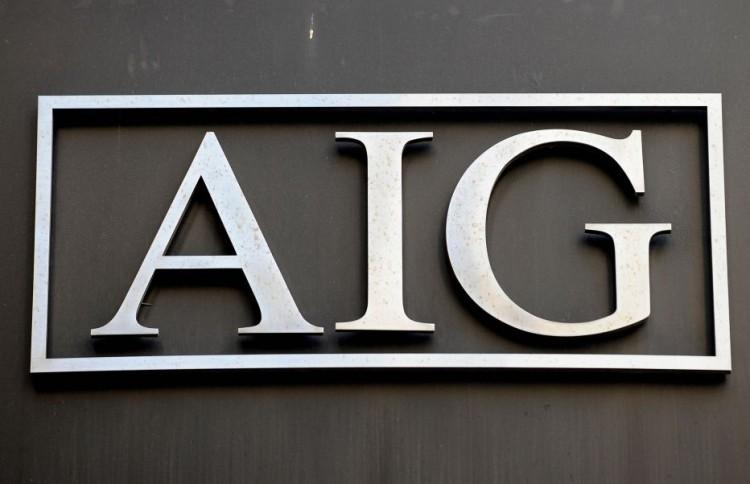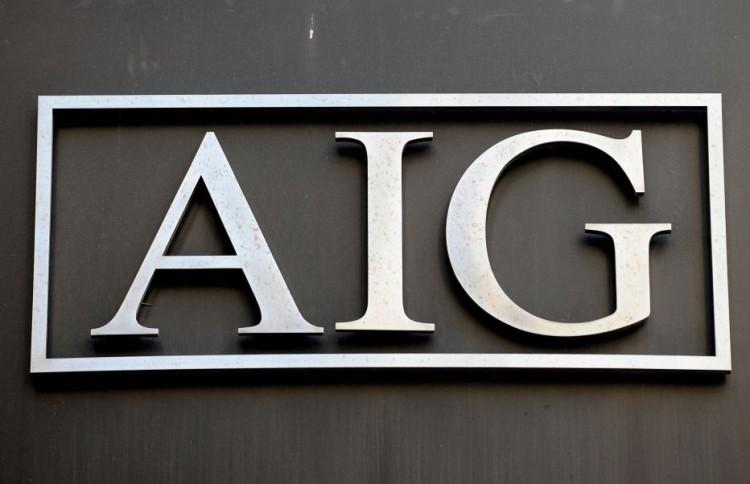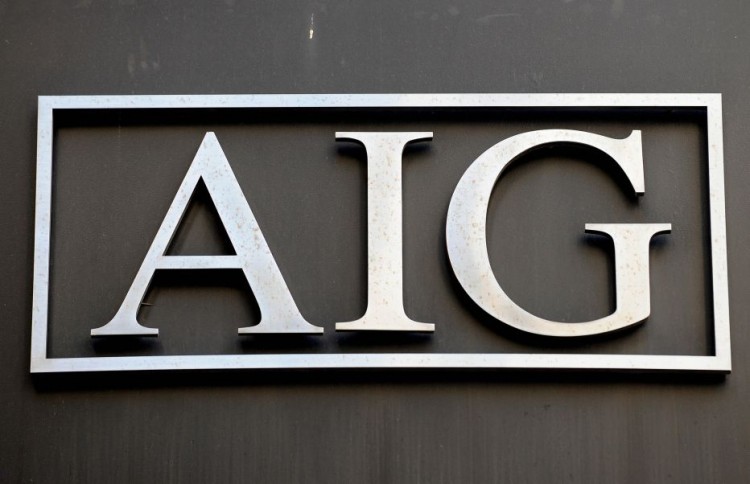Income taxes are very confusing, but they do benefit taxpayers at times, and yet at other times the taxpayer faces losses that could have been prevented if Washington’s powerhouses had been stopped from meddling.
Such meddling happened with the Internal Revenue Code Sec. 382. In its simplest form, Sec. 382 limits net losses from operations when it comes to the taxable income calculation once a company has changed ownership.
Are Taxpayers Shortchanged?
Income taxes are very confusing, but they do benefit taxpayers at times.

Logo of American International Group Inc. (AIG) outside its office in lower Manhattan in this file photo. AIG benefited greatly from Treasury’s gift of $17.7 billion, boosting its net earnings to $19.9 billion during the fourth quarter of 2011. Stan Honda/AFP/Getty Images
|Updated:





